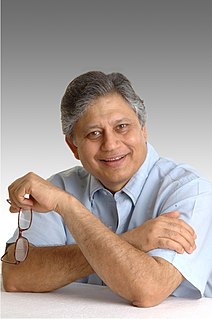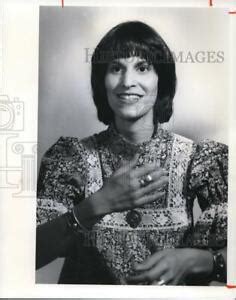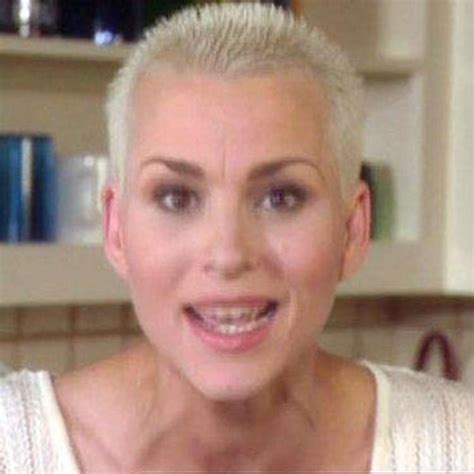A Quote by Yasumasa Morimura
The value of art is its ability to look into the "world of oblivion" and to find things that are generally unrecognized, forgotten, invisible and impossible to tell.
Related Quotes
I can't tell you what art does and how it does it, but I know that often art has judged the judges, pleaded revenge to the innocent and shown to the future what the past suffered, so that it has never been forgotten. Art, when it functions like this, becomes a meeting-place of the invisible, the irreducible, the enduring, guts, and honor.
Every day things happen in the world that cannot be explained by any law of things we know. Every day they're mentioned and forgotten, and the same mystery that brought them takes them away, transforming their secret into oblivion. Such is the law by which things that can't be explained must be forgotten. The visible world goes on as usual in the broad daylight. Otherness watches us from the shadows.
I think one of the things that I took from Mel [Bochner] specifically was his ability to look at oneself and one's relationship to the history of art and the practice of art at arm's length, the ability to sort of clinically and coldly remove oneself from the picture and to see it simply as a set of rules, habits, systems, moving parts.
I think science has a better story to tell than anyone else has been able to tell and that's because it's based on the rigorous winnowing that science and scientists are always doing in order to find out what's really happening. I think it's really good to encourage generally our ability to tell stories and that's a great skill that we come by naturally, so I'm excited about that.
There are things going on in galleries recently that have shocked me. What I'm going to say is really controversial, but what I find the most provocative is the commerciality of art in general. And the fact that a lot of people have forgotten what the meaning of art is and what the intention behind it is.
I am suspicious and disillusioned about the uses and misuses of photography in the art world, the press, and the world of entertainment. And to make things more complicated, I don't think that the general public is well educated regarding images. Generally we are taught how to read, but we are not taught how to look.
There is this tendency to think that if you could only find the magic way, then you could become a poet. "Tell me how to become a poet. Tell me what to do." . . . What makes you a poet is a gift for language, an ability to see into the heart of things, and an ability to deal with important unconscious material. When all these things come together, you're a poet. But there isn't one little gimmick that makes you a poet. There isn't any formula for it.




































